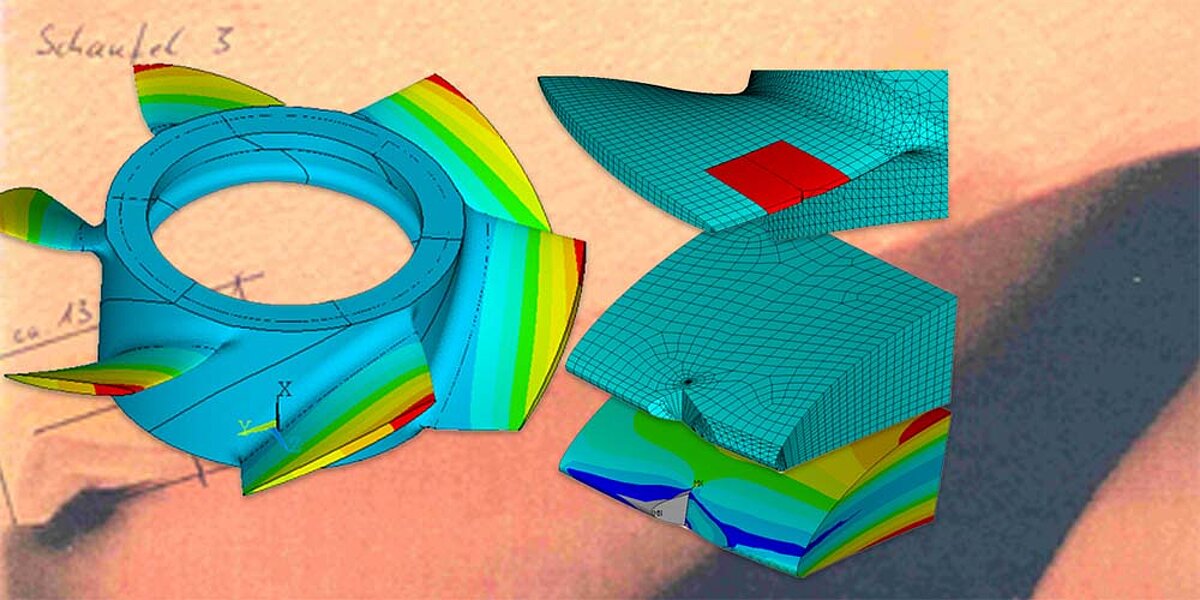Fracture mechanics

Crack propagation and fracture mechanics
All concepts of fracture mechanics have in common that an already existing defect (crack) in the component is assumed. This may have occurred as a result of the manufacturing process as a groove, blowhole, inclusion, stress crack, etc., or may only be formed during use, e.g. under cyclic loading. Based on assumptions regarding the geometry and stress of this flaw, conditions are formulated via a toughness measure under which unacceptable crack growth up to fracture, i.e. exceeding the ultimate strength, occurs. The reliability of the classical strength calculation is thus to be increased.

Fracture mechanics at Merkle & Partner
Fracture mechanics at Merkle & Partner starts from existing cracks in a component and considers crack propagation using calculated stress intensity factors from a finite element calculation. Statements can be made as to whether cracks remain stationary, grow slowly or whether unstable crack growth can occur. In addition, failure criteria can be incorporated into FE models to describe the development and behavior of a crack on complex geometries (crash, impact, containment).
Keywords
- Crack propagation
- Crack growth
- Paris equation
- Stress intensity factors
- Fracture mechanics
- Notched bar impact test